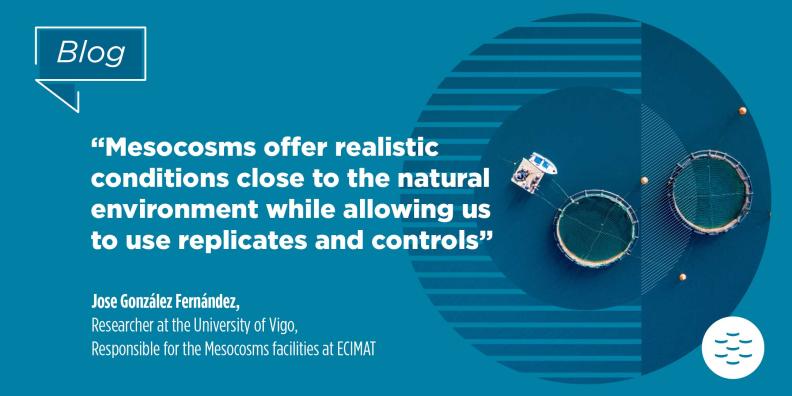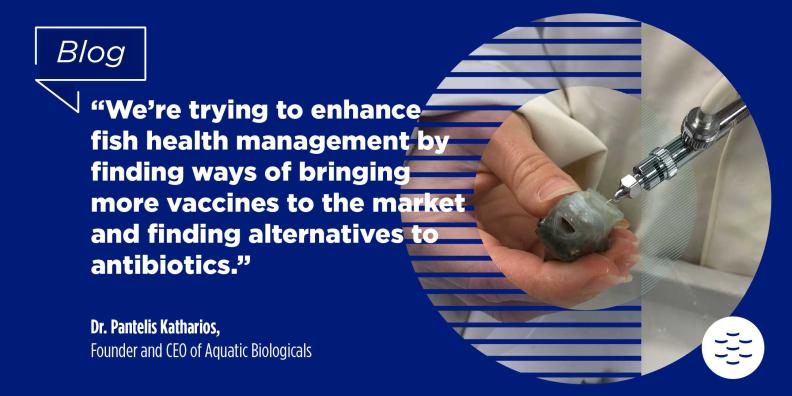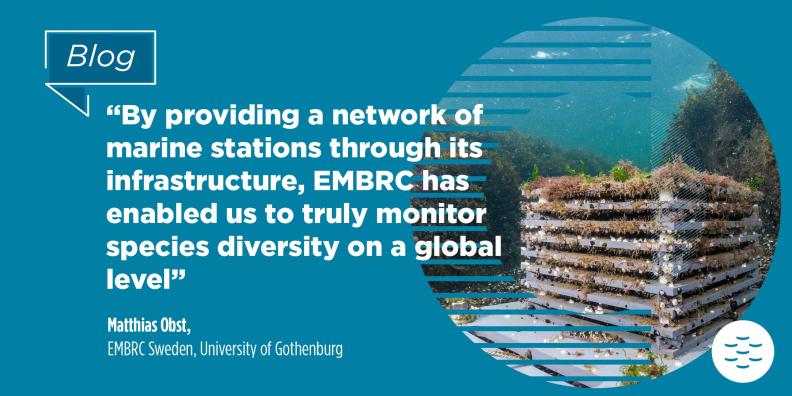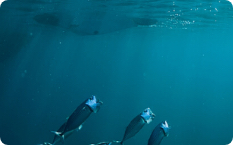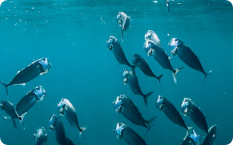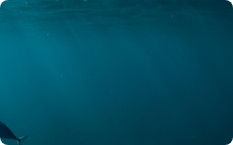The digitalisation of science offers massive potential to EMBRC’s work towards better understanding of biodiversity in the ocean. Tackling complicated topics requires huge volumes of data that we must properly mine to advance marine science and meet the 30x30 goals.
Through the ambitious EU DTO-BioFlow, FAIR-EASE, and AI4Life projects, we work with partners to overcome challenges in data integration, use and analysis. We help to strengthen science by ensuring data is robust, comparable, reproducible and FAIR which is also important for evidence-based decisions that will affect the marine environment.
By developing innovative tools, standardised practices and collaborative platforms for data management within these projects, we aim to break down silos between individual scientific disciplines, making it easier for researchers to access data and benefit from the diverse and complementary expertise of the whole scientific community.
Earlier this month, EMBRC participated in the General Assemblies of these projects. These events gave the opportunity to all communities involved in the projects to share their advancements collectively, and discuss how open and multidisciplinary data approaches can further advance research for new discoveries.
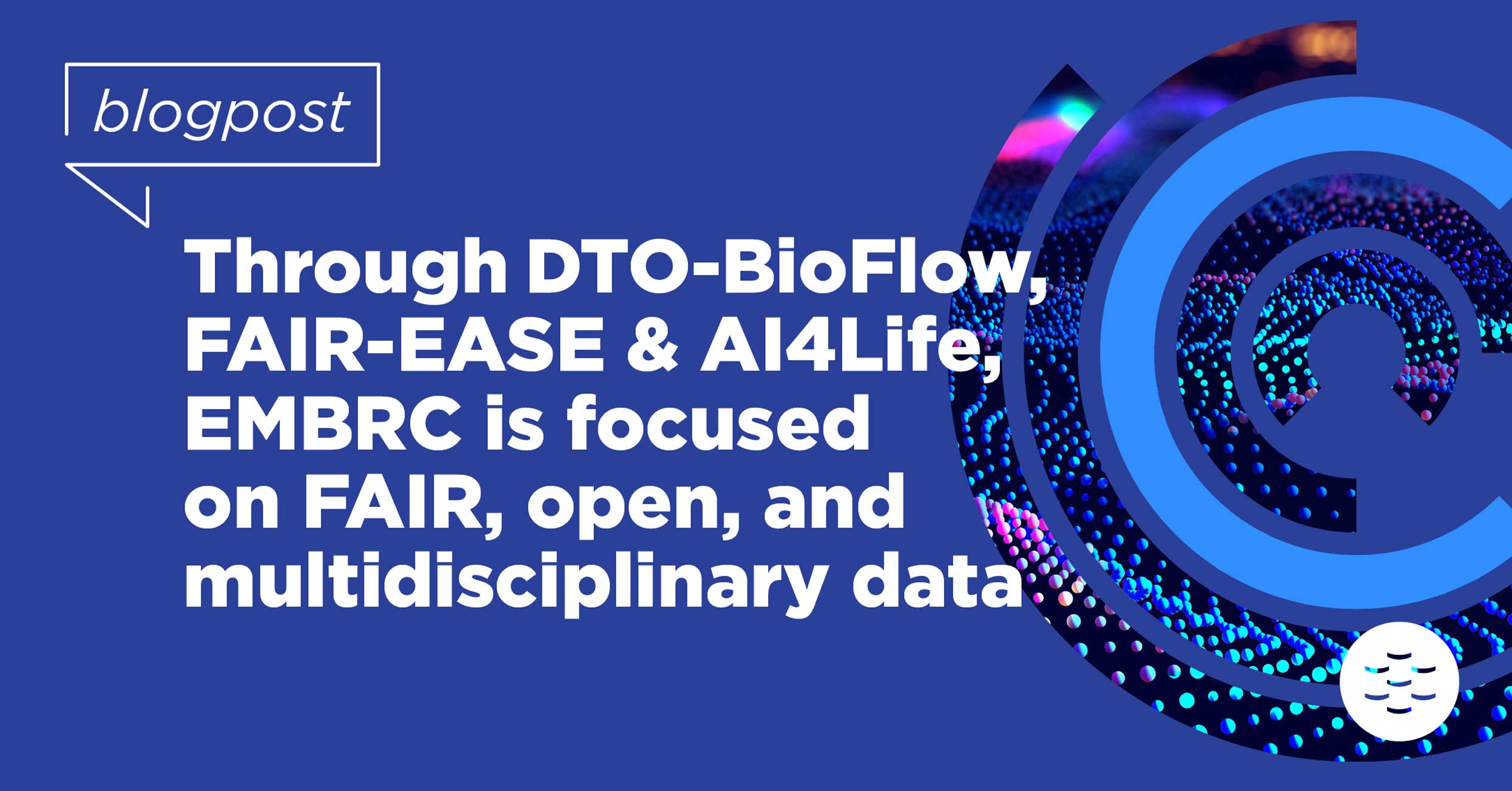
AI4Life: Bridging gaps between Computer and Life Sciences
AI4Life aims to bridge the gap between computer and life science researchers by facilitating access to Artificial Intelligence (AI) and Machine Learning (ML) tools for enhanced imaging analysis. The project developed the BioImage Model Zoo, a FAIR (Findable, Accessible, Interoperable, Reusable) accessible platform of open AI models for all life scientists.
2024 Highlights:
2nd Open Call for Bioimaging Analysis Support – March 2024: providing life scientists with advanced Deep Learning methods to improve image analysis and address their needs. As part of this call, two projects – led by EMBRC partners researchers – were selected among the 51 applications and received Deep Learning support:
- Diatom Symbioses at Planetary Scale by Flora Vincent, EMBL
In 2023, Flora Vincent used EMBRC services as part of the TREC expedition activities. → Read the full user story in our 2023 Annual Report. - Automated Species Annotation in Turbid Waters by Nils Jacobson, Royal Belgian Institute of Natural Sciences, EMBRC Belgium
- Diatom Symbioses at Planetary Scale by Flora Vincent, EMBL
- Hackathon for BioImage Model Zoo – March 2024: enhancing the Zoo platform by streamlining the process of uploading models, removing the need for external platforms like Zenodo, and simplifying authentication to the Zoo.
More about the Hackaton and its results - First Denoising Challenge – June 2024: using Deep Learning to remove noise from microscopy images and improve their quality and analysis for new discoveries in biological and medical research.
Challenge winners and results
FAIR-EASE: Facilitating Data Sharing and Integration
FAIR-EASE is committed to making environmental and biodiversity data FAIR (findable, accessible, interoperable, reusable). In collaboration with the European Open Science Cloud (EOSC), the project aims to improve data sharing practices within data user communities and research infrastructures by further developing observation and modelling components for Earth systems, environmental and biodiversity.
2024 Highlights:
- FAIR-EASE Galaxy Platform – May 2024: The Galaxy for Earth System and Environment platform was successfully integrated into FAIR-EASE. This virtual platform facilitates the processes, analysis, and visualisation of Earth systems, environmental and biodiversity data, and offers easy-to-use and accessible advanced analysis tools.
Learn more about the FAIR-EASE Galaxy platform - Launch of the FAIR-EASE System – End of 2024: By the end of 2024, FAIR-EASE will roll out the complete FAIR-EASE system, including all necessary technical components to implement its services into the system, including the introduction of three new services:
- IDDAS (Integrated Data Discovery and Access System): a central, harmonised interface for discovering, accessing, and downloading data via a unified query dialogue and shopping mechanism.
- UDAL (Unified Data Access Layer): a technical framework designed to manage data access infrastructure and handle data flows from various sources.
- EAL (Earth Analytic Lab Infrastructure): an integrated, collaborative web-based platform for Earth system models.
EMBRC/EMO BON and FAIR-EASE: future Perspectives
EMBRC aims to integrate its EMO BON’s genomic data into a centralised system to further enhance harmonisation, access and analysis of data at a larger scale. The Virtual Research Environment (VRE), built on the IDDAS interface, will provide a comprehensive interface for researchers to explore, visualise and analyse data. The VRE will focus on three core functions:
→ Data Access and Discovery: easy access to data through a unified search interface
→ Data Visualisation and Basic Statistical Analysis: simple tools for data analysis
→ Real-Time Analytical Services: services like bioprospecting and ecological strategies for tackling novel marine research questions
This VRE will support global research in marine biodiversity and ecosystems and environmental sustainability in the face of pressing issues such as climate change.
DTO-BioFlow: Unlocking “Sleeping” Data
DTO-BioFlow is designed to enhance the integration and accessibility of biodiversity data into the EU Digital Twin Ocean (DTO), a virtual model of our marine environment that aims to create useful applications and services for science and policies. Specifically, the EU DTO-BioFlow project works to unlock "sleeping" or unaccessible biodiversity data to learn more about ocean biodiversity, and faster.
2024 Highlights:
- First Open Call for Marine Biodiversity Data – January 2024: supporting FAIR biodiversity data sharing practices. The first workshop addressed the training needs of several data holders in search of ensuring their data is uniform and compatible with EMODnet systems.
Discover the wining projects - Blueprint Deliverable: creating a framework for sustainably integrating various biodiversity data into the EU DTO was submitted, paving the way for improved data workflows.
Learn more about the biodiversity Dataflow - Dataset Publications – End of 2024: by the end of 2024, important datasets including imaging data from the LOV-Laboratoire Océanographique de Villefranche (EMBRC France) and the European Tracking Network (ETN) from VLIZ-Flander Marine Institute (EMBRC Belgium), will be released on the EMODnet Biology, contributing to the innovative measures being made to further global marine research efforts.
____________________________________________
Through these EU projects, EMBRC continues to foster an interdisciplinary approach in research. Data has evolved from being a mere resource to become a powerful tool for more scientific discoveries. By providing data and facilitating its integration and access for all, we strive towards more sustainability that will benefit our natural environments and societies.
AI4Life (GA#10105797), FAIR-EASE (GA#101058785) and DTO-Bioflow (#101112823) projects were co-funded by the European Union.
Views and opinions expressed are however those of the author(s) only and do not necessarily reflect those of the European Union. Neither the European Union nor the granting authority can be held responsible for them.












